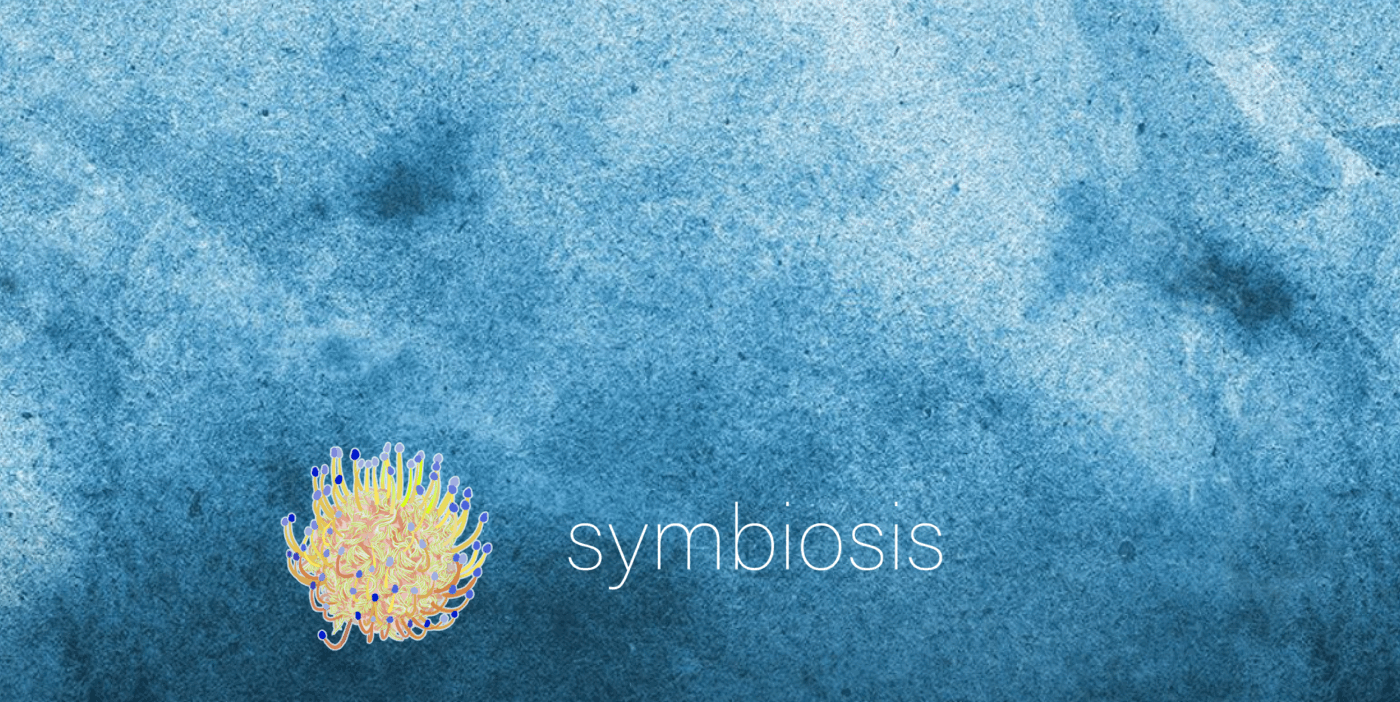How do you build a new society, from local places, in the shadow of the old? Symbiosis Collective shows one way
Fearless Cities, the conference network set up by Barcelona En Comu and now travelling around the world, has just concluded its activities in New York City.
The NYC schedule shows a vital culture of town and city organising in the US, very much trying to learn from global examples. But what's most interesting to note, running across these sessions, is the revival of traditions of anarchist practice - particularly the classic schools of Pierre Proudhon, and the social anarchism of Murray Bookchin (so influential on the Kurds in Rojava).
We've picked up on this resurgence of interest in anarchism from our work in Plymouth (with one of our partners, Ed Whitelaw, being most articulate about it). And we are observing with interest those reaching towards this old, and always locally-interested practice and philosophy.(In the UK, the work of Colin Ward was very much in this lineage).
In the NYC Fearless Cities conference, one organisation that seemed to be a continuous thread through the event days was Symbiosis Research Collective (here's an archive of their essays on The Ecologist). Symbiosis base their theories on quite an old idea, articulated by Proudhon in 1851, called "dual power":
Beneath the governmental machinery, in the shadow of political institutions, out of the sight of statesmen and priests, society is producing its own organism, slowly and silently; and constructing a new order, the expression of its vitality and autonomy.
Or in Symbiosis's words:
Our political strategy is to build dual power through organizing radically democratic community institutions....As an organization, we aim to develop neighborhood councils in our communities and network them into a confederation that can transform the structures of municipal governance, remaking our cities as true democracies.
Through the creation of autonomous social services and mutual aid systems, we can meet people’s basic needs and allow them to become more fully engaged in political struggle, all the while developing community and pushing back against our social atomization.
....We are fighting for a better world by creating institutions of participatory democracy and the solidarity economy through community organizing, neighborhood by neighborhood, city by city.
Their perspective is explicitly anti-capitalist. (We'd take a more eclectic line, and in any case wouldn't confuse a specifically harsh model of capitalism with the varied historic cultures of the marketplace.)
But it's interested to see them address the question that often comes to us, as we make our case at the Alternative. Which is: where and how can local power affect the bigger structures, institutions and regulations in a society?
In a column on Dark Municipalism, Symbiosis talk about the dangers of localisation becoming "not-in-my-backyard-ism", a mentality which has in the past included racial, ethnic or religious exclusion. They make this crucial point:
...We need to go beyond mere autonomy as an organisational principle. Autonomy is about securing freedom from an oppressive outside, but we’re not just trying to resist the system. We’re working to build a new system, a new society.
...Bodily autonomy is a fundamental moral principle for a free, feminist society. Liberation struggles of all types have articulated their just vision in terms of autonomy.
Building autonomy for individuals and communities is clearly an essential aspect of resistance and dual power, but it is limiting as a framework for the reconstruction of a better world.
Autonomy is in essence a negative political value, being defined in terms of freedom from. It conveys nothing about the actual governance of an autonomous community, and defines its relations to other communities in exclusively negative terms. It amounts to non-interference by outsiders or outside sources of repression.
Given all the potential dangers of local political autonomy, we need to be intentional about the kind of democracy we are building from the ground up. This means thinking through how a future system would equitably solve specific problems beyond the local level.
In our previous columns, we’ve made the case for a system of directly democratic assemblies organised into confederations, which would come together through recallable delegates to coordinate activities regionally and beyond.
To prevent the rise of dark municipalism, however, confederations will have to be stronger than voluntary associations of autonomous communities.
Fearless Cities is doubtless an example of the global networking and sharing that needs to happen. But we would also point to the guidelines that we use in our Collaboratories around the UK - a framework for citizenship called "I - We - World". We are constantly trying to forge links between individual, community and the planetary level (as the planet is burning, after all).
We certainly see the possibility for new kinds of confederal structures emerging. The UK context might be very specific. That is, an increasingly confident patchwork of localised powers rising up - and meeting the possibility of constitutional and subsidiary reforms coming down (as a consequence of, perhaps, a new electoral balance at Westminster).
Yet our focus, as we swim in a sea of considerable antipathy to top-down power, is going to be on direct, revitalising experiences of empowerment felt by communities. There's a real danger that constitutional reform will land on people like another "plan from Whitehall/Westminster", if there isn't a rich practice of local self-determination already alive and kicking.
From the Transition Network to En Comu, from Flatpack Democracy to the Symbiosis Research Collective, at The Daily Alternative we will keep stocking the tool-box of powers that should be directly available to modern, fully-human citizens. Whoever picks them up and deploys them, will eventually decide on their usefulness.



